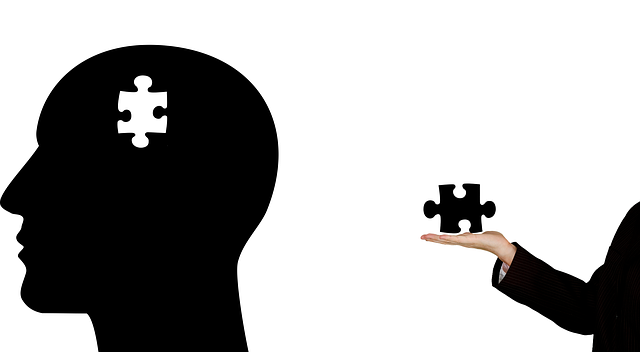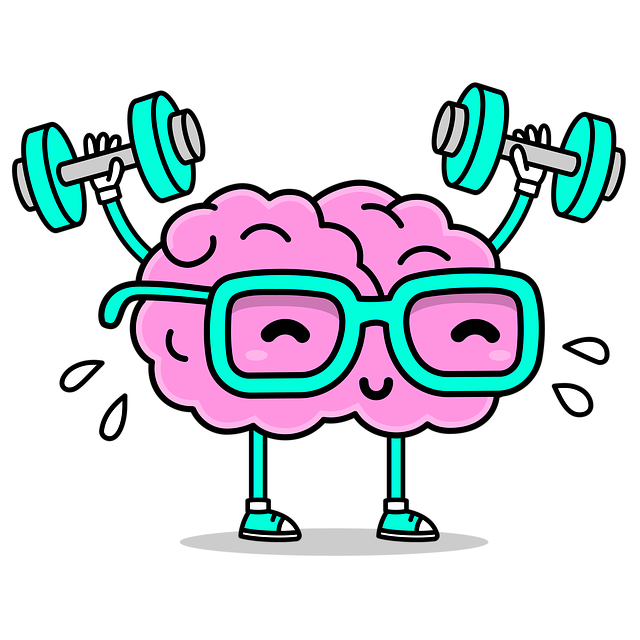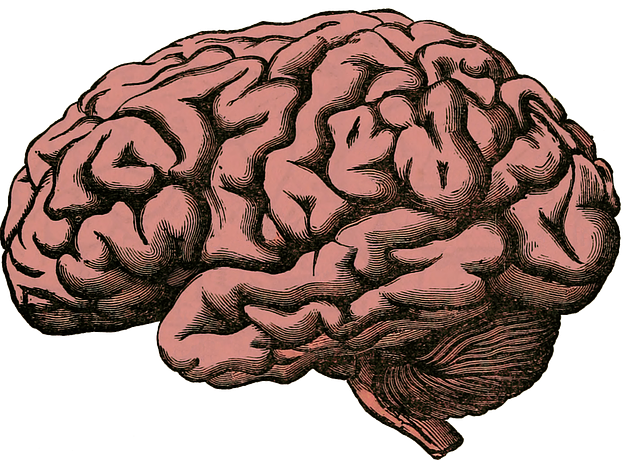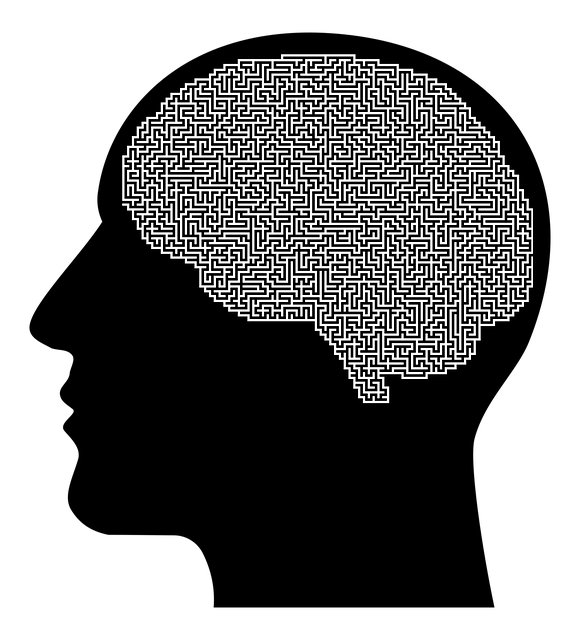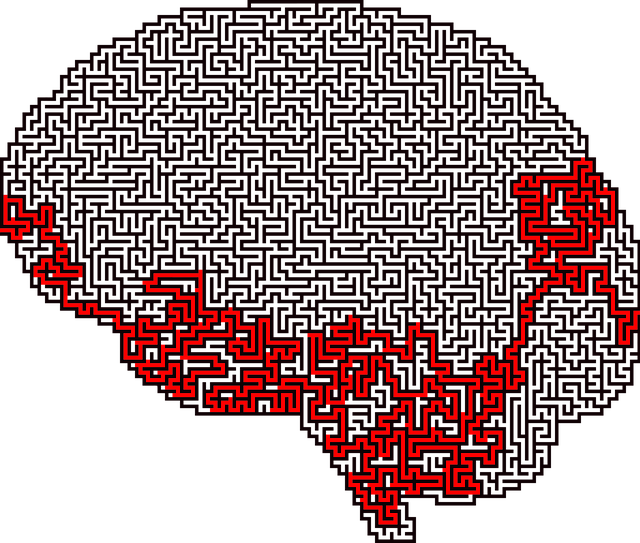Assessing the unique mental health needs of Denver's elderly population through research and surveys is crucial for program design at Denver Geriatrics Therapy. By identifying specific challenges like anxiety, depression, or cognitive decline, SMART goals can be set to enhance emotional regulation skills by 20% within six months. Cultural competency development ensures trust and engagement. Effective programs incorporate self-awareness exercises and risk management planning to promote healthy coping mechanisms and improve quality of life. Strategic community partnerships enable tailored educational initiatives and standardizing best practices for high-quality geriatric mental health care in Denver.
Denver Geriatrics Therapy introduces a transformative mental health education program designed to address the unique challenges of older adults. This comprehensive initiative leverages evidence-based practices, including mindfulness, cognitive behavioral therapy (CBT), and social engagement strategies, tailored to age-appropriate learning. By assessing community needs, setting measurable goals, and employing innovative delivery methods, our program ensures effective implementation and continuous improvement. Through stakeholder partnerships and facilitator training, we aim to revolutionize geriatric mental health care in Denver.
- Assessing Needs and Setting Goals for Denver Geriatrics Therapy
- – Understanding the unique mental health challenges of older adults
- – Identifying key stakeholders and community partnerships
Assessing Needs and Setting Goals for Denver Geriatrics Therapy

Assessing the needs of Denver Geriatrics Therapy’s target population is a critical first step in program design. This involves understanding the unique mental health challenges faced by the elderly community, taking into account cultural considerations and addressing potential barriers to accessing care. By conducting thorough research and surveys, healthcare providers can identify specific areas of concern, such as heightened rates of anxiety, depression, or cognitive decline among older adults. This data-driven approach ensures that the program aligns with the actual needs of the community it serves.
Setting achievable goals is integral to the success of Denver Geriatrics Therapy’s education initiative. Goals should be SMART (Specific, Measurable, Achievable, Relevant, Time-bound) and tailored to improve overall mental wellness. For instance, one goal could be to enhance emotional regulation skills among participants by 20% within six months through specialized training and coaching programs. Additionally, focusing on cultural competency development for healthcare providers ensures that services are delivered sensitively and effectively, fostering trust and engagement among the elderly population.
– Understanding the unique mental health challenges of older adults

The mental health landscape shifts as individuals age, presenting unique challenges that often go overlooked. Older adults may face increased loneliness, isolation, and cognitive decline, which can significantly impact their overall well-being. Many factors contribute to these complexities, including physical health issues, reduced mobility, and societal attitudes towards aging. For instance, Denver Geriatrics Therapy highlights the need for specialized care, recognizing that traditional mental health programs might not adequately address the specific needs of this demographic.
Designing effective education programs requires a deep understanding of these challenges. Incorporating self-awareness exercises can help older adults recognize their emotions and triggers while promoting healthy coping mechanisms. Additionally, risk management planning for mental health professionals is vital to ensure they are equipped to handle the unique needs and potential risks associated with geriatric care. By integrating evidence-based practices and tailored interventions, programs can enhance mental wellness and improve the quality of life for seniors.
– Identifying key stakeholders and community partnerships

Effective mental health education programs rely heavily on identifying and engaging key stakeholders within the community. For a program focused on geriatric mental health in Denver, this could include local senior centers, hospitals, primary care clinics, and community organizations catering to the elderly population. Collaboration with these entities ensures that educational content is relevant, accessible, and tailored to the unique needs of the Denver Geriatrics Therapy demographic. By fostering partnerships, the program can offer workshops, seminars, and resources that address common mental health concerns among seniors, such as depression, anxiety, and cognitive decline.
Community partnerships also facilitate risk management planning for mental health professionals who serve elderly individuals. Through collaborative efforts, best practices for managing complex cases, handling crisis situations, and implementing effective conflict resolution techniques can be shared and standardized. This not only enhances the overall quality of care but also ensures that seniors receive consistent and compassionate support throughout their mental health journey.
Denver Geriatrics Therapy’s success lies in its holistic approach, addressing the distinct mental health needs of the elderly through tailored programs. By assessing community goals and stakeholder interests, the initiative ensures relevant and impactful education. This strategic design fosters a supportive environment, enhancing the well-being of older adults and revolutionizing geriatric mental health support in Denver.
